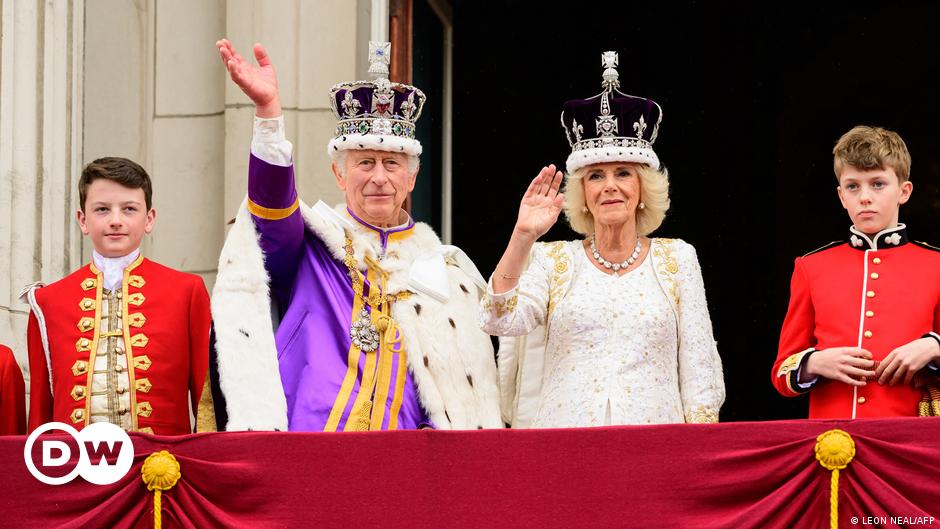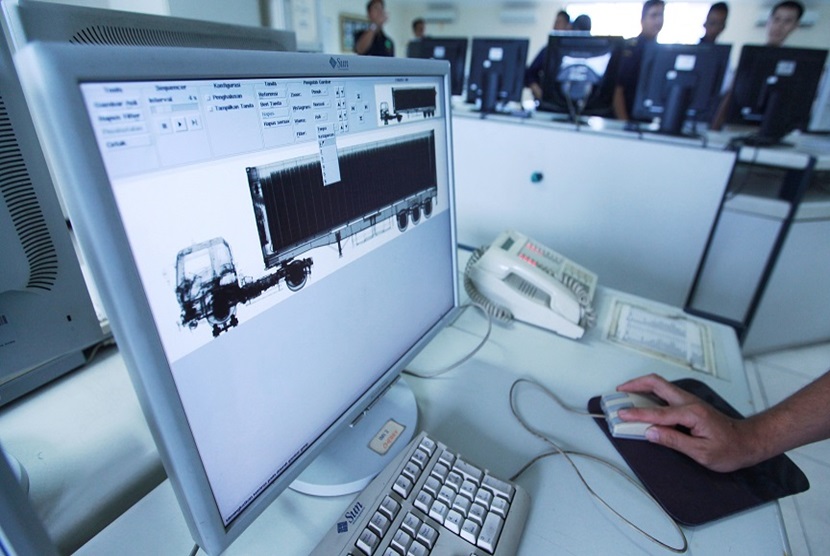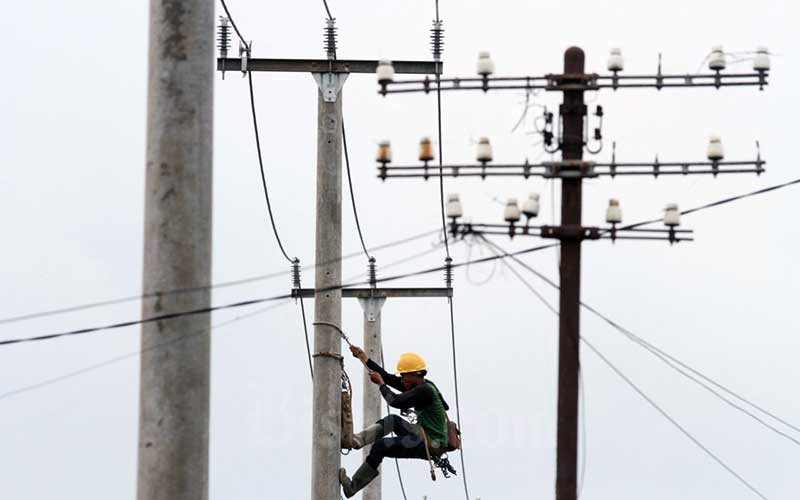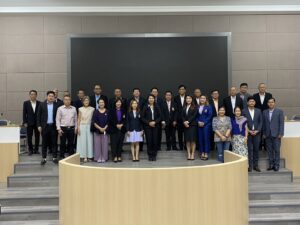[ad_1]
The Commonwealth of Nations is as old as its official head, King Charles III. This union of sovereign states has existed in its current form for 75 years. For many young people, however, the community that once emerged from the remnants of the British Empire has little political significance today.
Of the 56 member states, 21 are in Africa. However, unlike in some members like Canada and Australia, the British monarch is not head of state in any of the African countries that are part of the Commonwealth.
There are those who wish that Africa was even less involved with the global organization, especially in Ghana.
Eyram Yorgbe, an administrative employee in Accra, believes that the Commonwealth needs to become more relevant and effective, and provide more opportunities especially for its African member states.
“African countries are just in the Commonwealth because of our historical ties to the monarchy. It is high time we rethought our strategies with them,” the 34-year-old Ghanian told DW.
Others agree: “At a political level, (the Commonwealth) remains irrelevant,” says Khalil Ibrahim, a 32-year-old activist in Accra, while admitting that organization does “offer scholarships, internships for young professionals from Commonwealth countries, and free online courses.”
What is the future of the Commonwealth?
A network with no influence
Currently, the Commonwealth has a population of 2.5 billion people, with more than 60% under the age of 30. It’s mostly young people, who question the purpose of the organization.
Most of its citizens live in the Global South and come from former British colonies.
Philip Murphy, Director of History and Politics at the Institute of Historical Research at the University of London, told DW that “the diplomatic network of the Commonwealth is important enough to prevent members from leaving the organization or winding it up.”
But the Commonwealth as an international organization is very weak, he further explained.
“(It) is not empowered to make policy, and there are too many countries to form a clear consensus around the major policies of the day — be that the war in Ukraine or even climate change.”
A rebel without a cause
According to Murphy, there has never been a sufficiently strong enforcement mechanism to even oblige the sovereign member states to adhere to basic human rights or the rule of law either.
In fact, much of the current criticism of the Commonwealth is often aimed at the fact that human rights violations in individual member states such as repressive, homophobic laws like in Uganda are not denounced emphatically enough by the organization. Others meanwhile regard such standards as too Western and imperialistic, and don’t want the Commonwealth to comment on such social issues.
That doesn’t mean that the Commonwealth is completely spineless; it showed successful commitment during the decolonization of the white settler colonies in what was then Rhodesia (now Zimbabwe) and South Africa, says Murphy. It also played an essential role in ensuring a peaceful transition of power in South Africa in the 1990s.
More recently, it has focused more on nation-building at the ballot box, observing elections in several member countries; in its recent report, for example, the Commonwealth Observer Group identified significant shortcomings that impaired the credibility and transparency of the 2023 elections in Nigeria.
New members keep coming
Still, there is interest in the Commonwealth, proven by non-British former colonies like Mozambique (1995) and Rwanda (2009) joining the organization. Later, in 2022, Gabon and Togo became the newest members.
Alongside Angola, Zimbabwe is also on the waiting list for membership. The latter was expelled in 2003 due to serious human rights violations under the presidency of autocrat Robert Mugabe, which signified a rather rare sanction within the community, says Murphy.
According to political analyst Gibson Nyikadzino in Harare, Zimbabwe has been trying to rejoin the Commonwealth for strategic reasons since 2018. “It’s about the prestige of being a member of the Commonwealth and about access to cheap markets with low trade tariffs,” he told DW.
Zimbabwe: To join or not to join?
Most members appreciate having that access to global markets as well as having a direct line to the British government.
Especially smaller member states of Commonwealth, such island nations, make use of other opportunities in education and foreign affairs afforded to them as well, linking them not only to the UK but also to states like Canada, Australia and New Zealand.
But the shadow of the colonial past does hang over many issues, and is also being brought in connection with Zimbabwe’s ongoing membership application.
Fortunate Nyamayaro, a young lawyer in Harare, finds the organization superfluous precisely because of the history of the British Empire.
“For me, the Commonwealth is a colonial legacy that Zimbabwe does not need to identify with. It is an extension of colonialism. As a sovereign state, Zimbabwe can stand on its own and cooperate with other regional blocs,” she told DW.
“Zimbabwe can also pursue trade and bilateral agreements with different countries where there is mutual benefit without rejoining the Commonwealth,” she added.
Isaac Kaledzi in Ghana, Privilege Musvanhiri in Zimbabwe, and Muhammad Al-Amin in Nigeria contributed to this report.
Edited by: Sertan Sanderson




